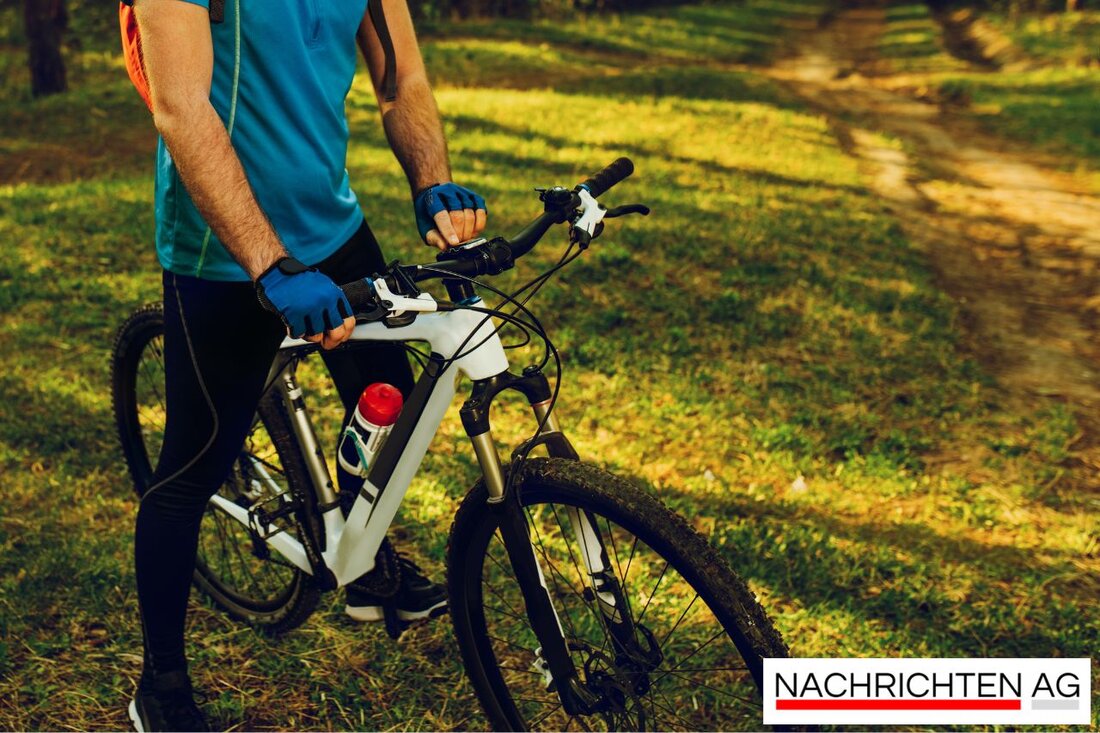Bremen Police: Massive night checks for weapons and drugs!
The Bremen police are increasing night checks at the main train station, seizing weapons and drugs and announcing further measures.

Bremen Police: Massive night checks for weapons and drugs!
The Bremen police carried out extensive checks at the main train station on Saturday night to combat drug and street crime. Loud NDR The officers checked more than 60 people and focused on the weapons ban zone in the Bahnhofsvorstadt and in the Steintorviertel. The result was revealing: 24 people were searched and numerous knives, brass knuckles and cannabis were seized.
At first glance, you might think that the controls were an easy game. But a group of around 40 people disrupted the police and even required reinforcements. In this tumultuous situation, not only were personal details recorded, but several knives were also seized. In total, 15 people were evicted, and some faced criminal or misdemeanor charges. In addition, a manipulated e-bike was confiscated, the driver of which was traveling without a license and ran two red lights - his investigation is continuing.
The police headquarters' checks are part of a regular measure to combat drug and street crime. What is particularly striking is the decline in cannabis crimes, which fell by more than 50 percent in 2024. However, this number is not only positive, as the LKA's annual report reports a peak in the number of young victims for 2024. This is a circumstance that raises more questions than can be answered.
Background to the weapons ban zone
The introduction of gun ban zones in various cities is a response to increasing violent crime, especially after serious knife attacks such as the terrorist attack in Solingen in August 2024. How daily news reported, the pressure on politicians to tighten gun laws increased. Since then, many cities, including Bremen, have carried out controls to counteract the misuse of weapons and increase public safety.
Proponents of no-gun zones believe such measures can help reduce violence. On the other hand, the effectiveness of these measures is controversial; There is a lack of nationwide figures on the effectiveness of the prohibition zones. Critics argue that these regulations often only address symptoms and that a more comprehensive safety strategy is needed. Experts like Dirk Baier, Professor of Criminology, call for a multidimensional approach to improving the security situation that also takes into account causes such as a lack of empathy and conflict resolution skills.
With further checks at central places such as Hillmannplatz, Philosophenweg and Tivoli, the police want to ensure that Bremen becomes a little safer. It remains to be seen whether these measures will have the desired effect or whether they are just a short-term band-aid on a broader problem. One thing is clear: the fight against drug and street crime is a long-term project that requires more than just occasional checks.

 Suche
Suche
 Mein Konto
Mein Konto